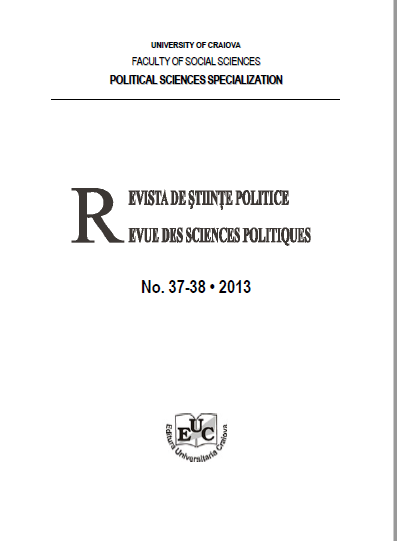The demographic transition and public policies
The demographic transition and public policies
Author(s): Hasan JashariSubject(s): Evaluation research, Demography and human biology
Published by: Editura Universitaria Craiova
Keywords: Population; Natural procreation; Macedonia; Public Policies; Birth rates;
Summary/Abstract: There has been a general debate recently in relation to public policies that the state undertakes regarding the ageing of the population, birth rate stimulation policies, marriage delays, life span, public health, etc. Industrialization was the great force that incited the huge geographical movements being facilitated by urbanization and especially globalization. But, these causal-consequential relations are inciting the natural population movements as well. Some time ago, the birth of children was considered as increase in the workforce; today, it is becoming a burden since most often, governments, besides their promises, do not do enough to protect mothers, children and families. Europe and Macedonia are gradually ageing. Malthusâ s theory on natural procreation has now become a utopia. Birth rates are decreasing and mortality going up. According to Hill et.al. ( 2008) the decrease in birth rates is a distinctive feature of urbanized and industrialized societies and causes fatal social and economic consequences in relation to the workforce. Statistical data show that the natural population procreation in Macedonia is lower every upcoming year. This is a serious threat for the overall development of the society.
Journal: Revista de Științe Politice. Revue des Sciences Politiques
- Issue Year: 2013
- Issue No: 37+38
- Page Range: 158-166
- Page Count: 9
- Language: English

